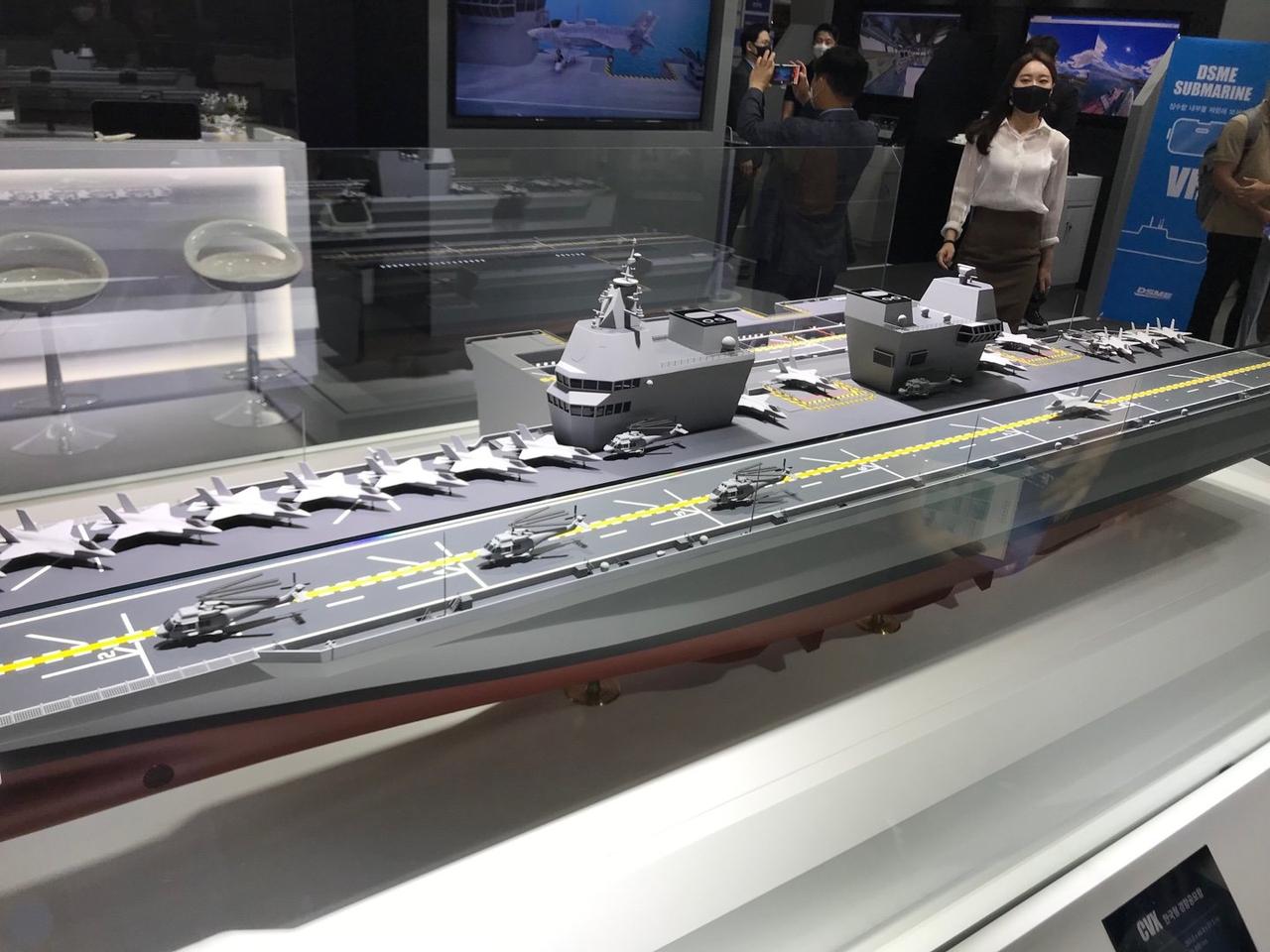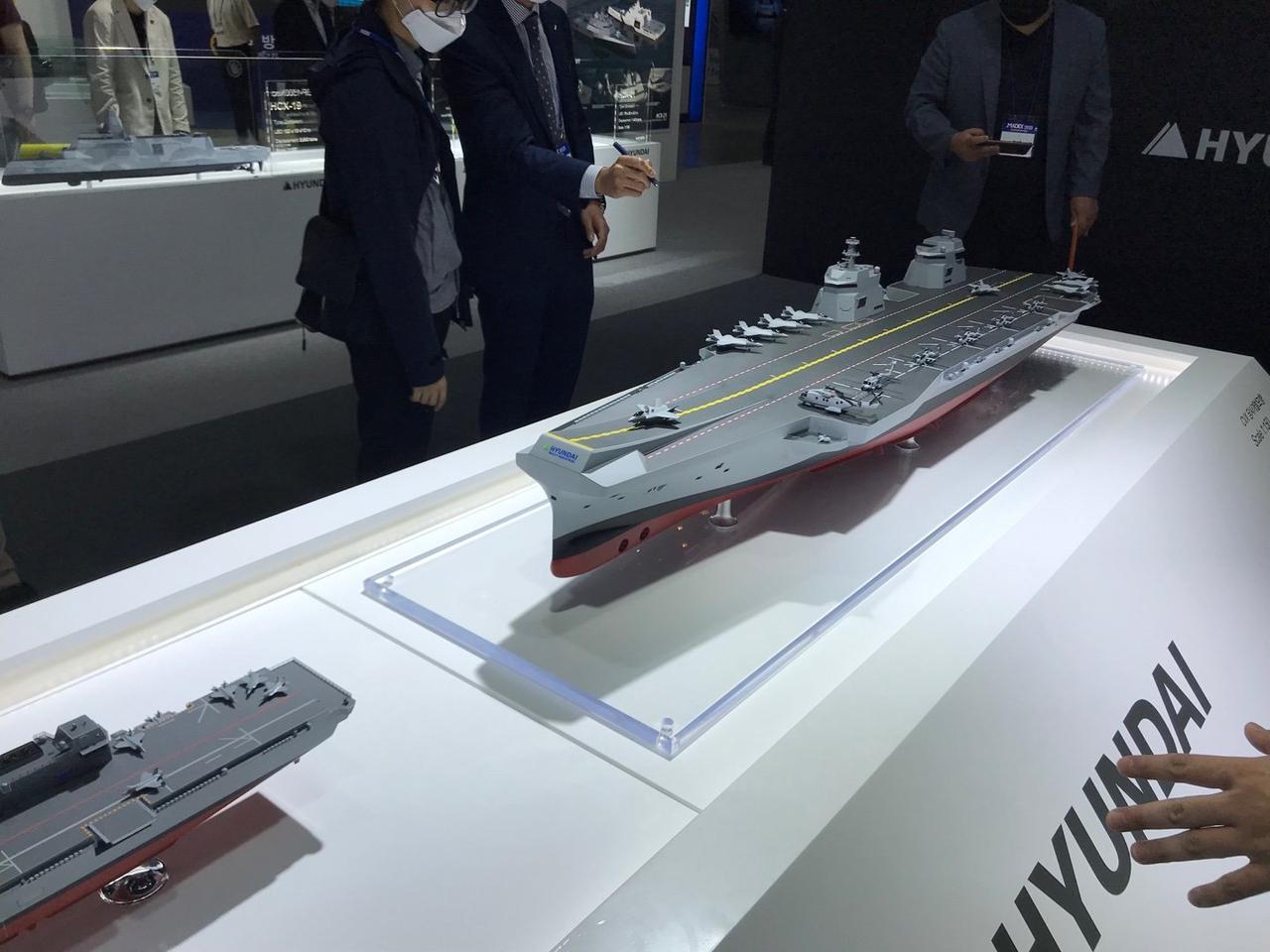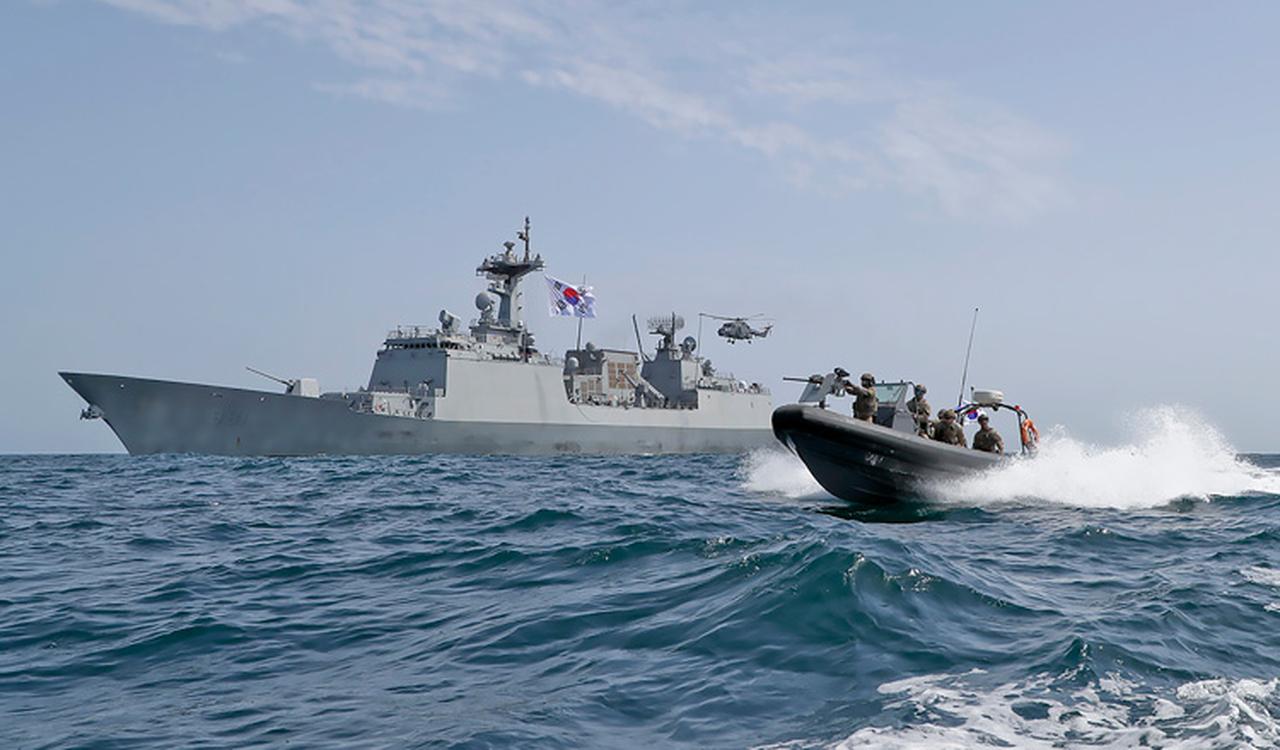
South Korea has decided to shift its naval strategy by abandoning plans for a traditional aircraft carrier in favor of an unmanned aerial vehicle (UAV) platform similar to Türkiye's TCG Anadolu, marking a significant evolution in the two nations' defense cooperation as highlighted by recent high-level military exchanges.

South Korea's Defense Ministry has presented plans to the country's parliamentary Defense Committee to replace its CVX aircraft carrier project with a multi-purpose command ship centered on drone operations, according to reports from Yonhap News Agency.
The new vessel, while maintaining similar dimensions to the originally planned 30,000-ton CVX carrier, will prioritize unmanned aerial systems over conventional fighter jets.
"The decision was first reported by Yonhap News, citing a new plan presented to the Defense Committee of the South Korean Parliament. The move marks a strategic departure from the country's earlier ambitions under the CVX-class carrier program and is expected to reduce costs while embracing emerging trends in naval warfare significantly," reads a statement from defense officials.

The original CVX program, estimated at approximately 7 trillion won ($4.9 billion), would have required an additional 150-200 billion won per F-35B fighter for a planned fleet of 20 aircraft.
The revised concept is expected to save several trillion won while enabling South Korea to adapt to evolving maritime operational concepts.
A South Korean defense official cited by Yonhap stated that the decision reflects efforts to "take into account the future of naval warfare and the contribution of artificial intelligence to unmanned systems."
This strategic pivot comes amid strengthening defense ties between Türkiye and South Korea, highlighted by a series of high-level military exchanges in recent months.
On April 29, Turkish Chief of General Staff General Metin Gurak conducted an official visit to South Korea, where he was received with military honors by his counterpart, Admiral Kim Myung-soo. Following bilateral and delegation-level talks, Gurak laid a wreath at the South Korean National Cemetery Monument and was received by Acting Defense Minister Kim Seon-ho.
During his visit, General Gurak also conducted inspections at the Army Tiger Brigade and visited the Turkish Embassy and the Military Attaché Office in Seoul.
The relationship was recently cemented when South Korea's Defense Acquisition Program Administration (DAPA) Minister Seok Jong-gun and his delegation visited the famous Turkish defense firm Baykar's Ozdemir Bayraktar National Technology Center in April.
This followed a March 22, 2024, visit by Republic of Korea Air Force Commander General Lee Youngsu to the same facility.
The TCG Anadolu, which entered service with the Turkish Navy in April 2023, represents a pioneering approach to naval aviation.
Originally designed to operate F-35B fighter jets, the vessel was reconfigured for drone operations after Türkiye's removal from the F-35 program. It has successfully demonstrated operations with indigenous unmanned combat aerial vehicles, including the Bayraktar TB3.
In November 2024, the Bayraktar TB3 drone completed a successful autonomous takeoff and landing on the TCG Anadolu, marking a significant milestone in naval drone carrier operations. Recently, two Bayraktar TB3 unmanned combat aerial vehicles (UCAVs), developed by Turkish defense firm Baykar, launched from the TCG Anadolu landing helicopter dock (LHD) and successfully struck designated ground targets using Roketsan’s MAM-L munitions during the ongoing Seawolf-II/2025 (DENIZKURDU-II 2025) naval exercise.